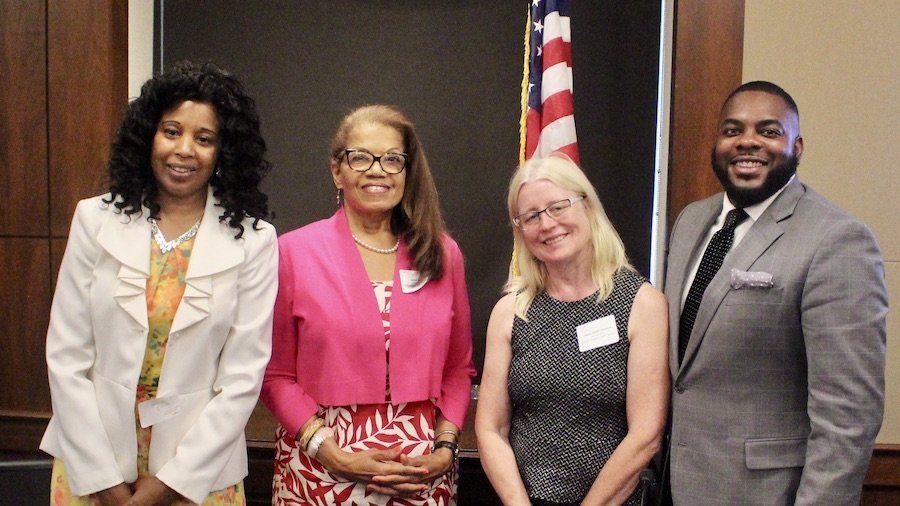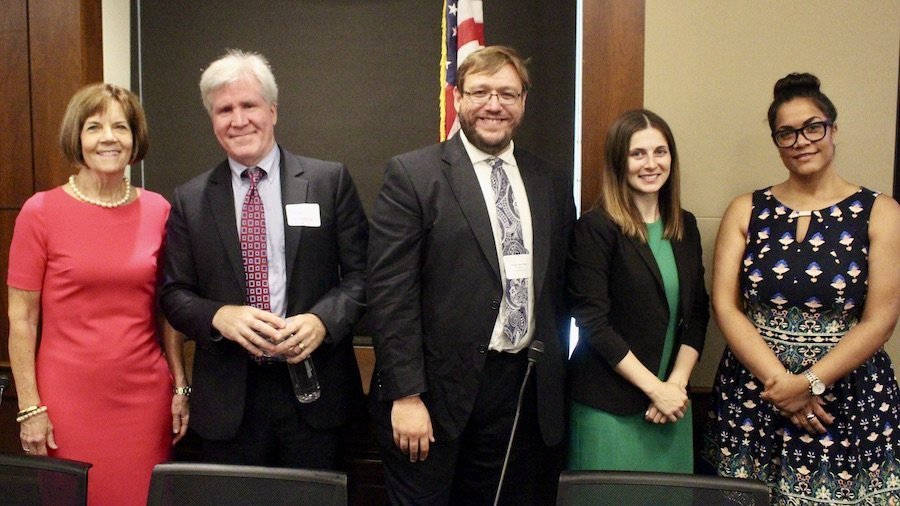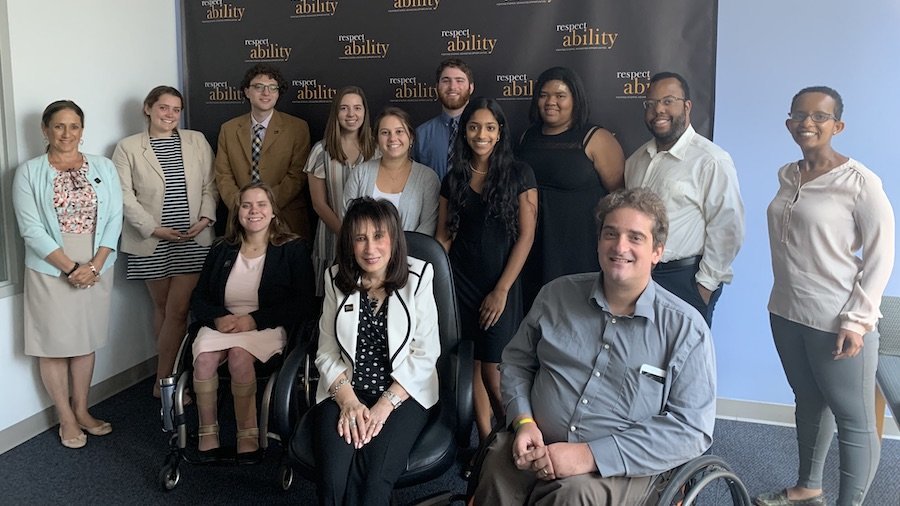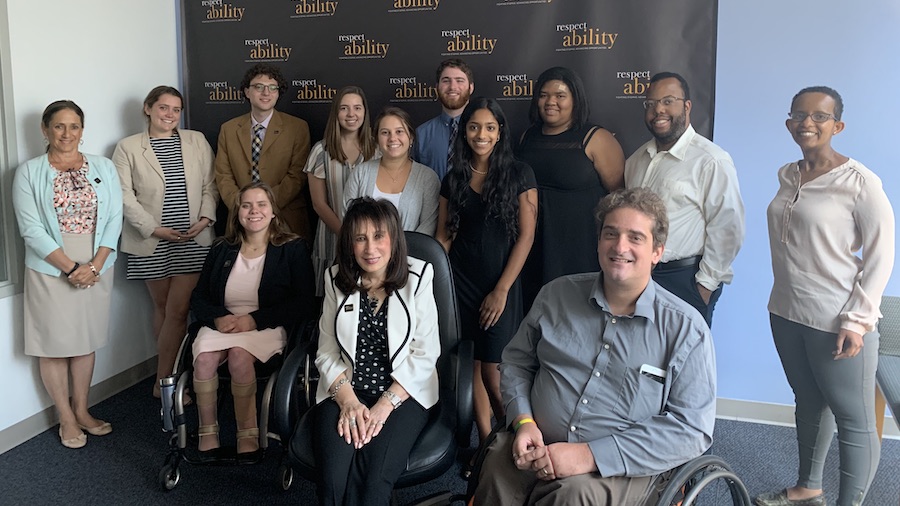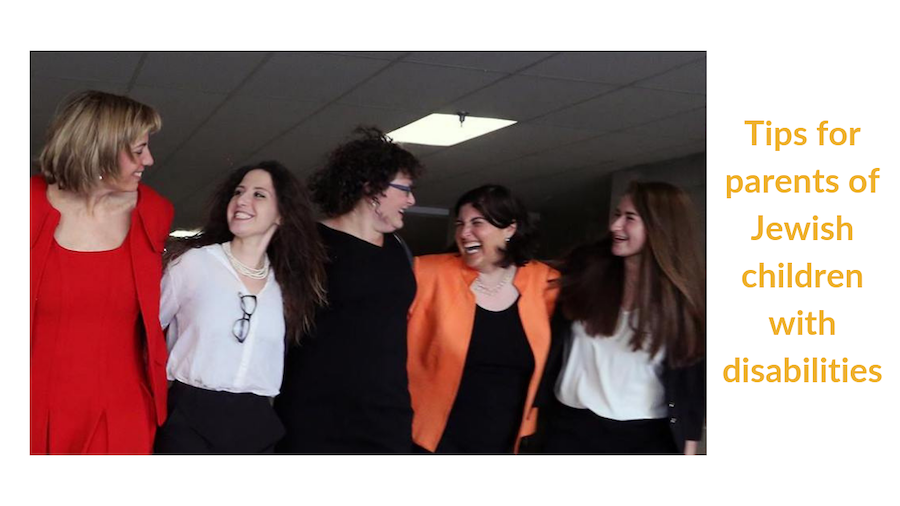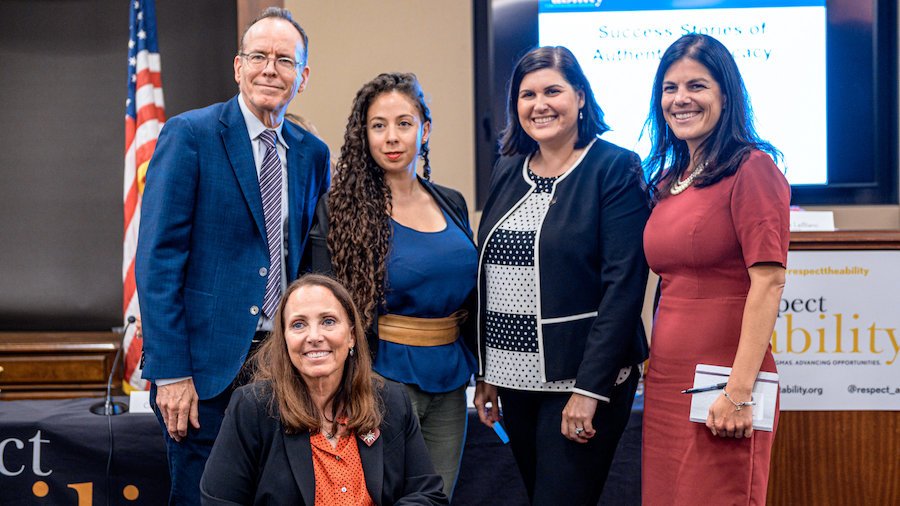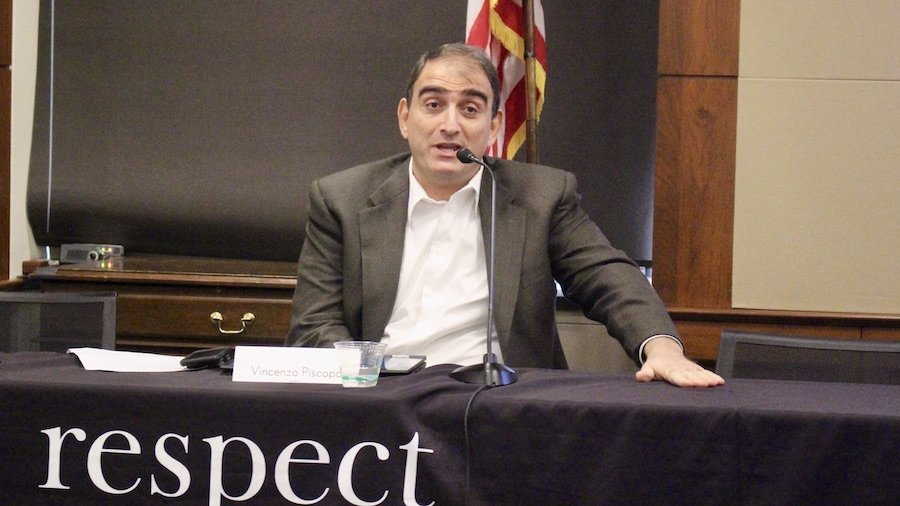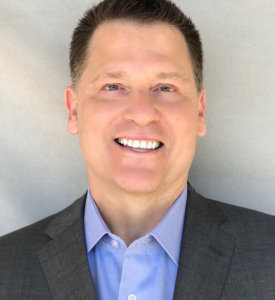 Rockville, Maryland, September 9 – Jonathan Koch, an Emmy Award-winning television producer and successful entrepreneur, was a speaker for RespectAbility’s Summer 2019 National Leadership Fellows. The hour-long discussion focused on his career path, before and after he became disabled, and how to be successful at pitching yourself.
Rockville, Maryland, September 9 – Jonathan Koch, an Emmy Award-winning television producer and successful entrepreneur, was a speaker for RespectAbility’s Summer 2019 National Leadership Fellows. The hour-long discussion focused on his career path, before and after he became disabled, and how to be successful at pitching yourself.
Koch started his career as an agent for the 90s child star Candace Cameron and many other famous child actors. In 2003, he partnered with Steve Michaels to start Asylum Entertainment, a Los Angeles-based television production company. He was the President and Chief Creative Officer of Asylum Entertainment until they sold it to Legendary Entertainment for $100 million in 2014. A year later, Koch became desperately ill, causing doctors to amputate his right leg and left hand. [continue reading…]


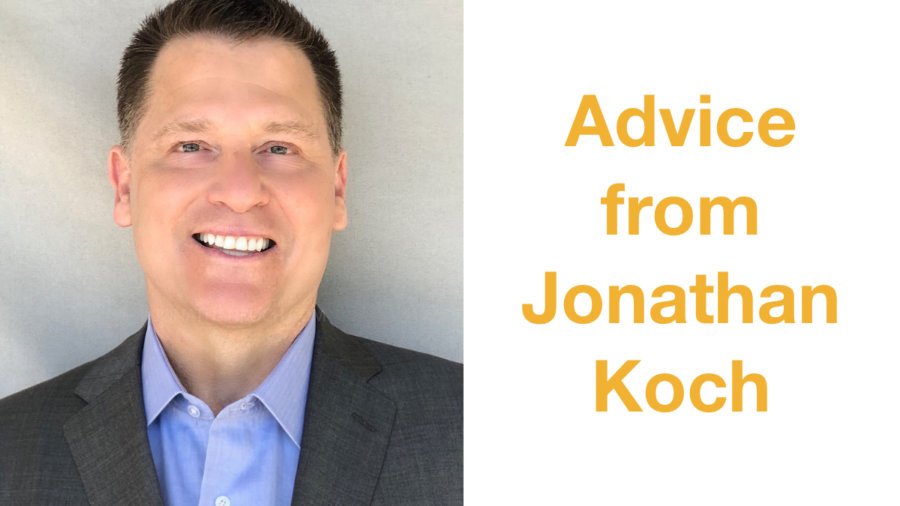
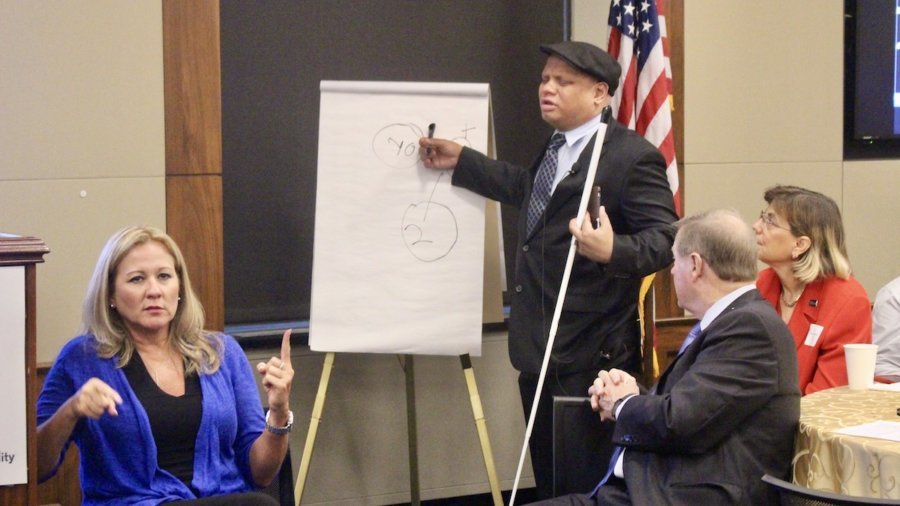
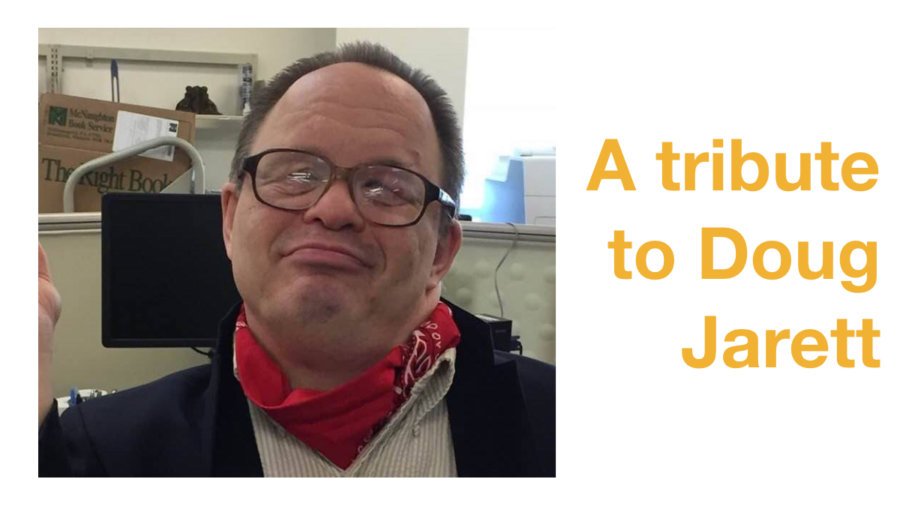

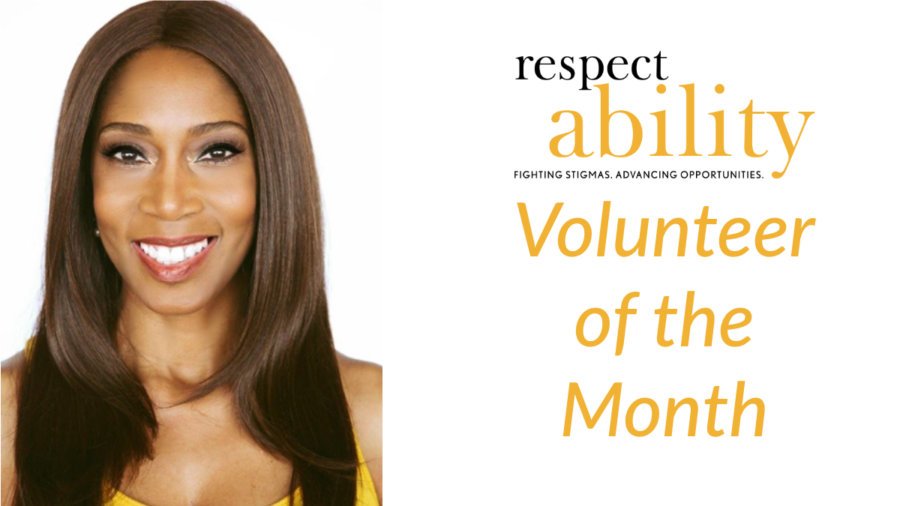
 Andrea Jennings, a passionate self-advocate living and working in California, has volunteered with RespectAbility in a variety of ways. One of her key roles has been to represent RespectAbility at Hollywood events. She makes certain that questions are being asked regarding disability inclusion in Hollywood. In addition, she has
Andrea Jennings, a passionate self-advocate living and working in California, has volunteered with RespectAbility in a variety of ways. One of her key roles has been to represent RespectAbility at Hollywood events. She makes certain that questions are being asked regarding disability inclusion in Hollywood. In addition, she has 